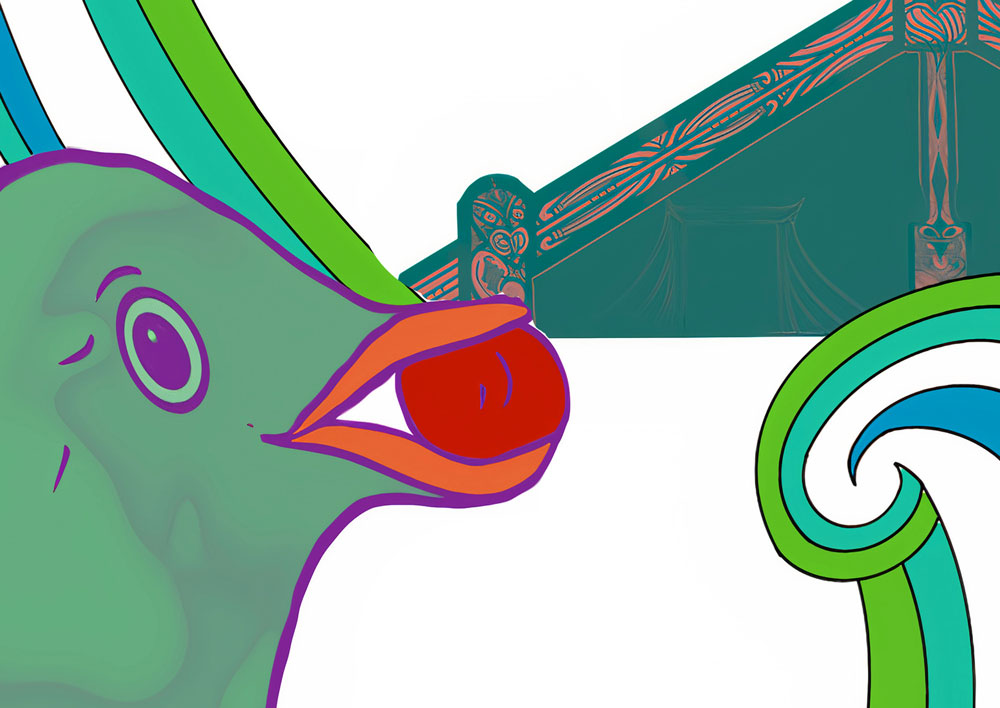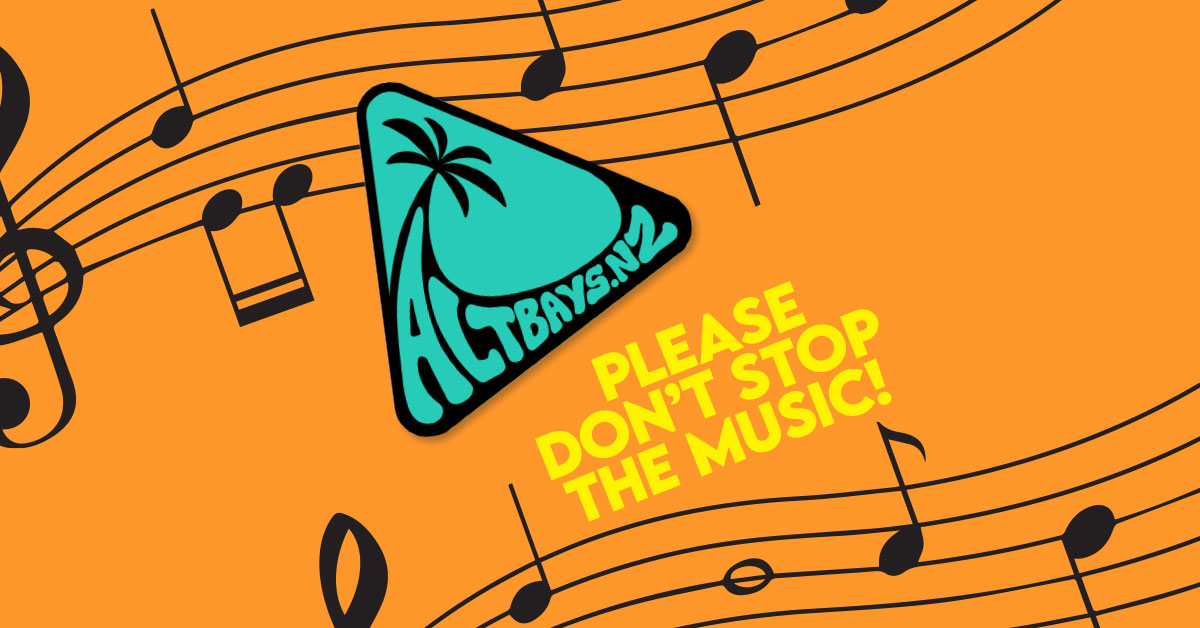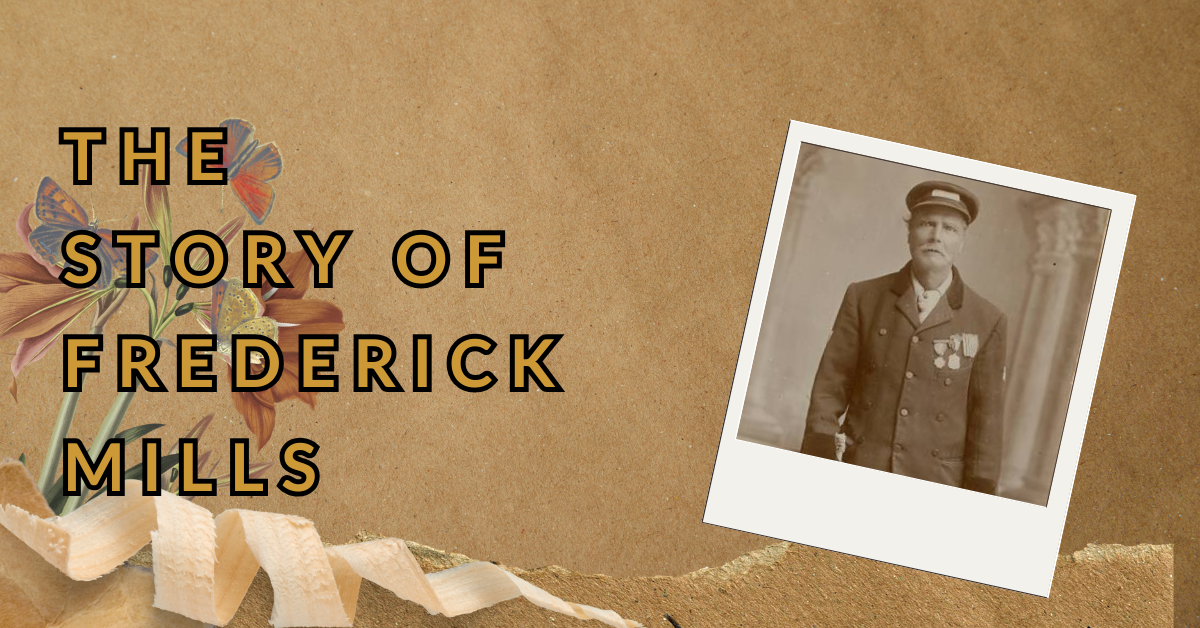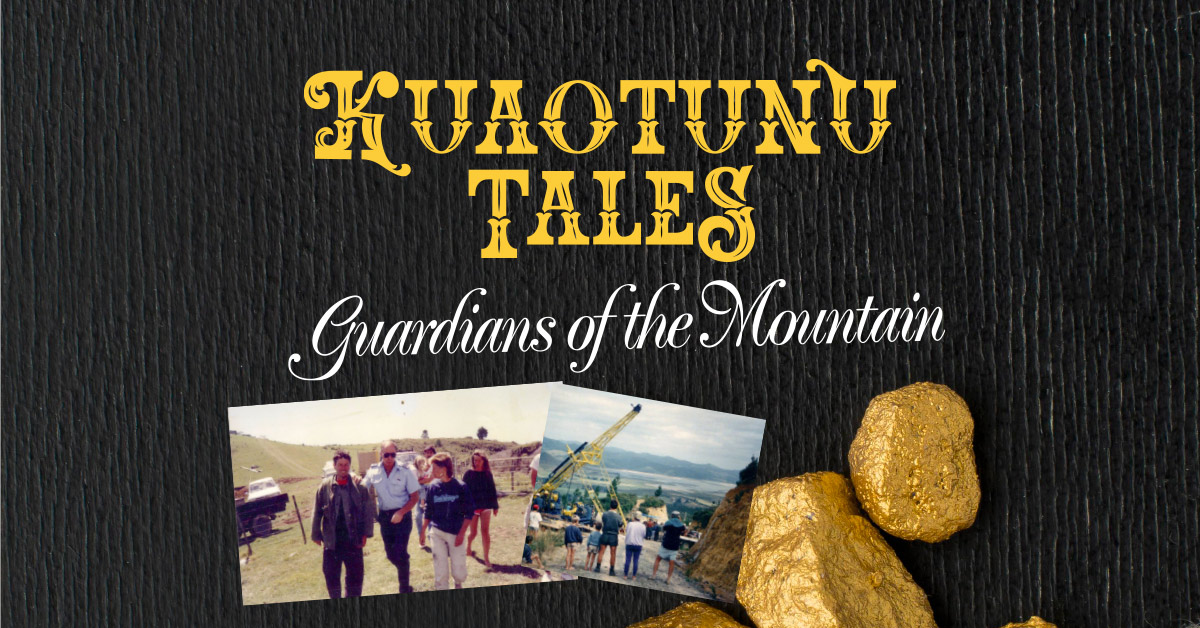
What value is there in learning your indigenous language when the majority of the world speaks English?
Is it important to know where you are from? Your whakapapa/genealogy, does it really matter? Āe, it simply is. Having the knowledge of where you originate from, knowing the struggles and triumphs of your tūpuna/ancestors, brings a sense of pride and self-knowing unlike anything else I have experienced.
As a Māori girl growing up in mainstream education, there were struggles that the majority of Māori understand. Having your name mispronounced, being called upon to be the ‘dancing monkey’ or leader at hui/meetings or occasions of importance, being made to feel like a burden when you do not have your stationery for a few weeks due to ongoing financial constraints and the effects of colonisation.
These are but a few of the issues I faced, which I am certain many other tamariki Māori, especially of my generation, have also faced.
Academics from around the world have researched and developed theories and findings based on these types of happenings. For instance, Joshua A. Fishman believes:
• Intergenerational transmission of language in the home from grandparents and parents to young children is the key to keeping indigenous languages alive.
• There should be deliberate planning in language programmes.
• A language that is dying may symbolise low status and low income, speaking English may symbolise achievement.
• In some cases, an indigenous language is sometimes perceived as a symbol of the past.
• A language symbolises its culture.
Culture is partly created from its language; in the case of te reo Māori, this is through – waiata, hīmene, whakataukī, kīwaha, pūrākau …
So, what can we do to improve this situation? As a new Mum living in a foreign land, there was an overwhelming sense to instil the values of my tūpuna within my own tamariki. The karanga/call was heard loud and clear within me. So, I set upon returning to my homeland of Aotearoa to achieve this goal. Engari, along the way I found myself in a humble position where others around me were in the same waka. As a whānau nō ngā hau e whā/from the four winds, we were brave in our stance to create a safe space for our tamariki and ourselves to reconnect to our native tongue and what came of that is truly a dream come true.
Te Puna Reo o Whitianga is a bi-lingual playgroup that humbly started at the Crossroads Church in 2018. Through the powers of social media, Bess Kingi and I became friends with a common goal. Language acquisition for our local māmā me ōna pēpi/Mums and bubs. In 2019, we moved to MBAS where we had the tautoko of kaiako/teachers and a wider reach for whānau within our community. Te Puna Reo o Whitianga now resides at the schoolhouse right beside MBAS and opposite the Social Services. We as a whānau have spent an entire year renovating and creating a magical space for our local whānau and tamariki to meet and learn our reo alongside each other. Through this venture, we have been fortunate enough to find the true value of education within ourselves. Two of us have undertaken Te Poutūarongo
Rangakura Kaiwhakaako/Bilingual Primary Teaching degree through Te Wānanga o Raukawa. Other whānau have been and gone and continue to educate themselves in te reo Māori me ōna tikanga. Our past pēpi have a deeper understanding of who they are and where they stand in this world. We all know the power of education and strive to be the best role models for ourselves, our babies, and our community. Kia kaha te reo Māori! Get to know and love yourself wholeheartedly, unashamedly and thrive in your own skin!
Ko te manu e kai ana i te miro nōnā te ngahere.
Ko te manu e kai ana i te mātauranga nōnā te ao.
The bird that consumes the miro berry owns the forest.
The bird that consumes knowledge owns the world.
– Words by Madeline Johnson (Ngāpuhi Nui Tōnu)
Te Puna Reo o Whitianga Bilingual Playgroup @punareowhitianga
Art by Duan Poaneki






